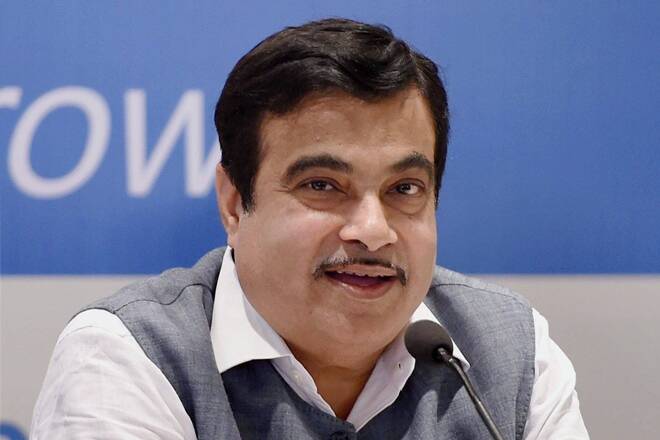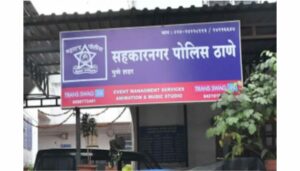We Must Modify Our Approach Towards The Use Of Transportation Fuel- Nitin Gadkari

Pune, October 1, 2021: We have to modify our approach towards how we are looking at the life cycle of energy, which we are using for our transportation. The most appropriate way is the ‘cradle to grave’ approach, which takes into account carbon emissions right from the method of generation of energy till its emission.
The need of the hour is to develop cost-effective, pollution-free indigenous mobility solution and encourage use of alternative fuels like ethanol, methanol, LNG, Green Hydrogen and Bio-CNG for transportation,” said Nitin Gadkari, Union Minister for Road Transport, GoI while speaking during the valedictory function of 17th edition of Symposium on International Automotive Technology (SIAT) 2021 organized by The Automotive Research Association of India (ARAI) in association with SAEINDIA and SAE International (USA), SIAT 2021 today.
“India’s Auto sector’s contribution is 7.1 % towards the nation’s overall GDP with an annual turnover of Rs. 7.5 Lakh Cr. and export of Rs. 3.5 Lakh Cr. With focus on Electric Vehicles, several global brands are entering India while local entrepreneurs are setting up large facilities to produce EV. With the launch of the Production-Linked Incentive (PLI) Scheme to promote the automotive sector, the government expects that it will lead to an investment of Rs. 42,500 Cr. and creation of 7.5 Lakh jobs in the sector,” said Gadkari.
Stressing upon pursuing research for using more sustainable substitutes like aluminium, zinc and sodium for EV batteries, Gadkari said that ARAI can explore the alternatives and can join hands with institutes like ISRO, IITs and DRDO, which are working to produce long-life, low cost, high-efficiency batteries and EV components.
“We are planning to introduce Flex-fuel engine vehicles that run on ethanol to reduce pollution, which are currently used in the USA, Brazil and Canada. It can be done by diversifying the strength of the agriculture sector into energy and power. The generation of bio-CNG from agricultural waste will solve the problem of air pollution. We also want to promote the use of green hydrogen, which can help us achieve the ‘zero carbon emission’ mission,” he said.
He also stressed on the improvement of the safety on Indian roads, where close to 1.5 Lakh people die due to accidents every year.
“There is a need to improve bus body quality for the safety and work towards installation of sleep detection devices in vehicles to keep a check on the drivers. The focus should be on making Indian vehicles at par with foreign vehicles in terms of safety, body designs and fuel efficiency,” he said.
The function also presented Awards for Best Technical Papers, under various categories, out of a total of 130 Technical Papers including 19 international papers along with Student Poster Presentation Awards.





